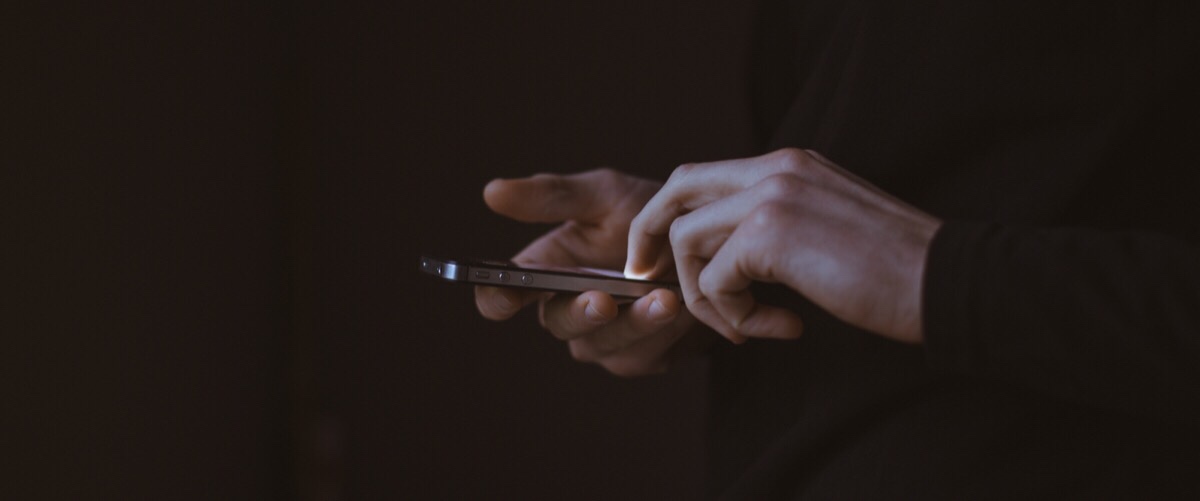The smartphone as a barrier

Reading Andrew Sullivan's piece "I used to be a human being" I was struck with conflicting emotions. He described the addiction to online life compounded by the prevalence of the smartphone.
The irony was not lost on me that I was reading it on my phone.
No doubt, like so many others, I was instantly hit with a sense of recognition but also with a realisation of the inherent contradictions in play.
As he rightly says, we are more connected to far more people than ever before, we have a window to the world in our pocket, but the connections we make are often less intimate, less rewarding, leaving us feeling lonelier.
The dopamine effect with no substance.
Whilst lamenting the loss of direct, personal interaction and togetherness he also pines for the lost silences. As Brian Eno has said about his vision of ambient music, it's not so much the notes but the gaps in between and the space it creates.
I love that idea.
Inner space
The bustle of modern life continually invades our personal space yet we appear to exacerbate the issue with our networks, our news feeds and the incessant distraction of notifications. However, quite perversely, we also need distractions.
There is another side to the coin.
We need distractions to reprogramme the brain and temporarily remove us from the stresses of our daily grind.
Our smartphones can become an oasis in the infertile desert of noise, a place where we can focus our full attention and escape, if only for a few minutes.
Sullivan talks about situations where "everyone is engrossed in their private online worlds" and the person next to them might as well not exist - it's true, but this is often a self defence mechanism.
It is harder than ever to find the space, quiet and solitude we need to hear ourselves think. A walk in the woods is a luxury we often cannot get, and even if we do we are surrounded by dog walkers, shouting children and mountain bikers.
We should, therefore, not be surprised that people are turning inwards, making their own virtual space where they can shut themselves off from the world.
Discipline
Of course, it very much depends on how we are using our devices, how disciplined we are and how much we allow ourselves to become consumed by the drip feed of instant gratification and the quest for approval.
The barrier we erect between ourselves and others can be a double edged sword; while Sullivan decries its impersonality, used in the right way it can be a force for healthy isolation.
It's up to us.
